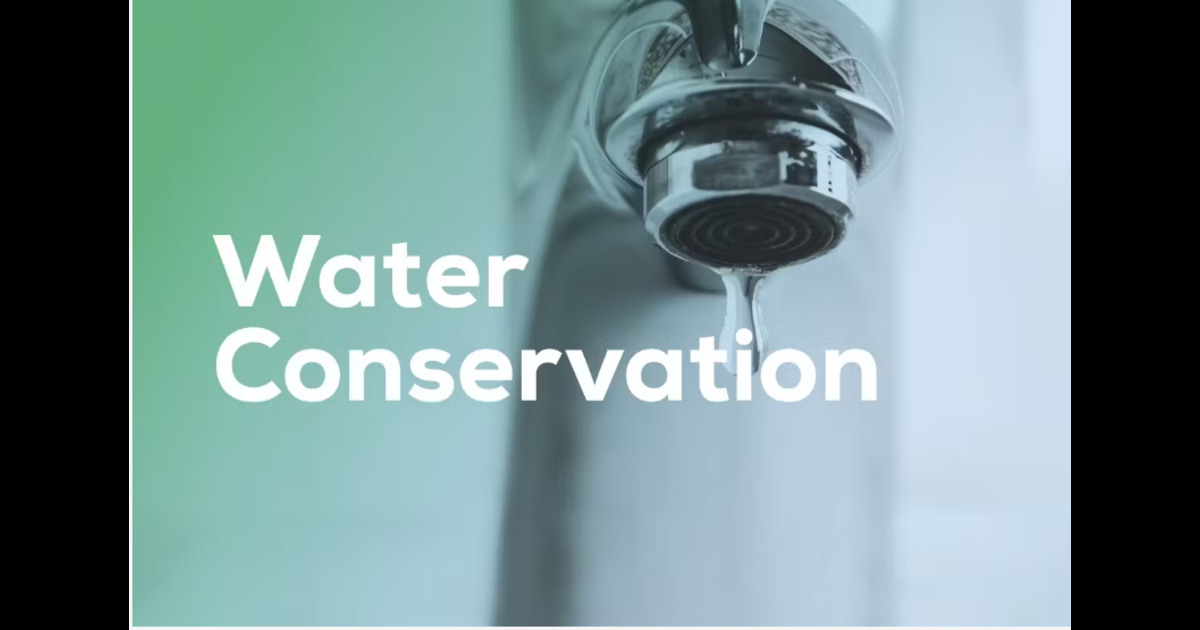Tips Individuals and Communities to Save Water

The World Water Campaign is an initiative that aims to raise awareness about the importance of water conservation and encourages people to take action to conserve water.
The world is currently experiencing a severe water crisis, which can be attributed to both population growth and climate change. Water is a vital resource for human survival and the environment, making it imperative that we take action to conserve it.
In this blog, we will explore some ways in which people can save and conserve water, and provide examples of how communities and individuals can help in real life to save water.
Conservative Use of Water in Households
Reduced water usage in families is one of the most effective strategies to save water. This can be accomplished by repairing leaking faucets and pipes, installing water-efficient appliances, and employing water-saving technologies. Low-flow showerheads, for example, can lower home water usage by up to 50%, while water-efficient washing machines can save up to 7,000 gallons of water per year. Additionally, shutting off the water when brushing your teeth or shaving might save up to 8 gallons of water every day.
Rainwater Harvesting
Communities can also play a significant role in saving water. One way is through rainwater harvesting, which involves collecting rainwater and using it for various purposes, such as irrigation and flushing toilets. This can be done by constructing small dams and check dams to capture rainwater, or by installing rain barrels or cisterns to collect rainwater from rooftops. Rainwater harvesting has been successfully implemented in many parts of the world, including India, Singapore, and Australia.
Education and Awareness Campaigns
Another way communities can save water is by promoting water conservation through education and awareness campaigns. These campaigns can educate people on the importance of water conservation, and provide tips on how to reduce water usage in households and businesses.
For example, the World Water Campaign, celebrated on 22nd March every year, aims to raise awareness about the importance of water conservation and encourages people to take action to conserve water. In addition, many local organizations and governments run water conservation programs that provide incentives for water-efficient appliances and devices, and offer rebates for water-saving practices.
Role of Individuals to Conserve Water
Individuals can also make a difference by conserving water in their daily lives. One way is by reducing water usage in their gardens and lawns. This can be done by using drought-resistant plants, installing a drip irrigation system, and mulching to retain moisture. Furthermore, reducing meat consumption can also help conserve water, as the production of meat requires a large amount of water. It takes 1,800 gallons of water to produce one pound of beef, compared to 220 gallons for one pound of tofu. By reducing meat consumption, individuals can help conserve water resources.
In addition, individuals can also save water by reducing their use of single-use plastics. The production of plastics requires a large amount of water, and plastic pollution in oceans and rivers can harm aquatic life and impact water quality. By reducing the use of single-use plastics, individuals can help conserve water resources and protect the environment.
FAQ
ways to save water
To efficiently save water every day, use low-flow fixtures, repair leaks, water plants early, reuse greywater, and encourage rainwater gathering.
5 ways to reduce water pollution
To lessen water pollution, dispose of chemicals properly, use eco-friendly products, use less plastic, keep septic systems in good working order, and stop runoff.
What is the meaning of conserve water?
Water conservation refers to the prudent and efficient use of water in order to preserve it for future generations and to safeguard the environment and water resources.
What is save water save life?
To ensure clean water for drinking, farming, and everyday use—which is necessary for supporting all life—it is important to practice "Save Water, Save Life."

